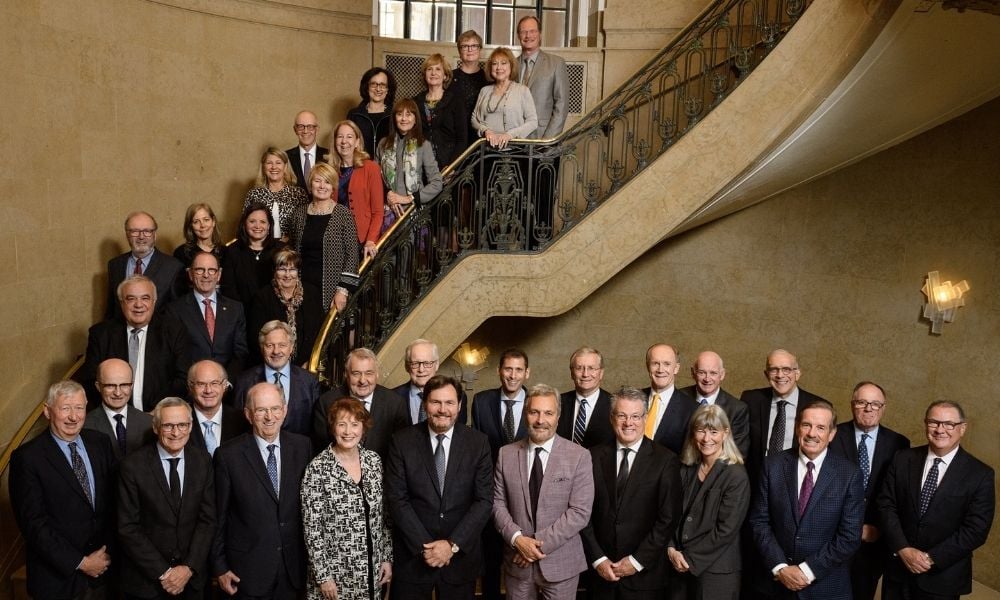CJC's virtual gathering hears from François Daigle, new deputy attorney general of Canada

The Canadian Judicial Council approved a number of resolutions — including in support of judicial education — at its semi-annual meeting last week, which took place via videoconference due to the COVID-19 pandemic.
“I am proud of the work of the members of the judiciary, who have ensured that the health and safety of all court users are protected during the pandemic, while upholding the fundamental values of our justice system,” said Chief Justice of Canada Richard Wagner in a news release.
The council’s members discussed efforts of the action committee on court operations in response to the pandemic, and other topics relevant to trial and appeal courts; and they approved resolutions on a variety of topics, and heard from François Daigle, the new deputy minister of justice and deputy attorney general of Canada.
The CJC also encouraged the government to proceed with the planned changes in the judicial conduct process, and is looking forward to signing with the government two memoranda of understanding about the council’s governance and judicial education.
The council continues its commitment to dialogue with the federal government in order to promote transparency, efficiency, accountability and public confidence in the administration of justice and protecting judicial independence, it said in its statement, and to ensure that Canada’s judiciary is highly trained, professional and independent.
A CJC commemorative report titled “50 Years of Service to Canadians” will also be published soon.
“This report will herald Council’s commitment to openness and to provide regular updates on its work,” Chief Justice Wagner, who chairs the CJC, said in the release.
The CJC is comprised of Canada’s chief justices and associate chief justices. Its recent efforts have included publishing the new and modernized Ethical Principles for Judges on June 9. These principles seek to guide judges in relation to case management and settlement conferences, social media, interaction with self-represented litigants, professional development and the post-judicial role, as well as with issues on the principles of independence, integrity, competence, equality and impartiality. This publication was the culmination of four years of work and consultation with the judicial community and with the public.
On May 5, the CJC published three new informational handbooks for self-represented litigants, seeking to offer guidance on civil, criminal, or family litigation procedures for each province and territory. The handbooks are available in both English and French.
“As the Council celebrates 50 years of service to Canadians, we are mindful of the need to continually earn the public’s confidence,” said Chief Justice Wagner in a press release last April.










